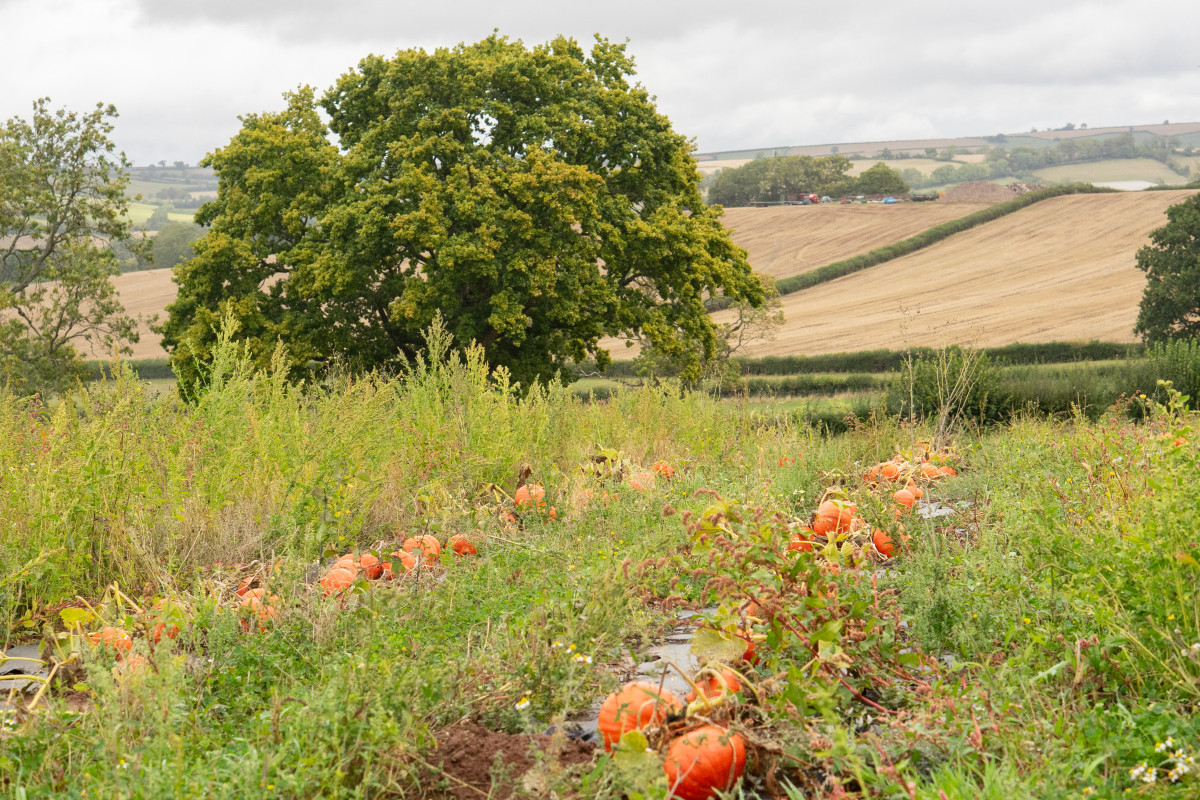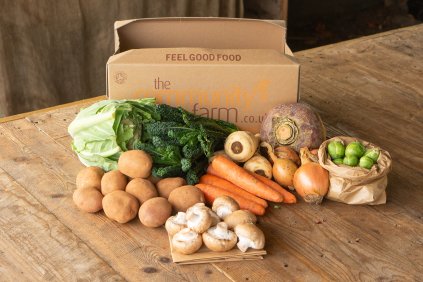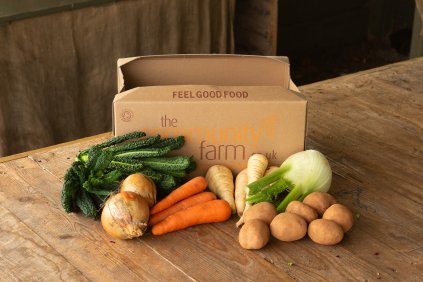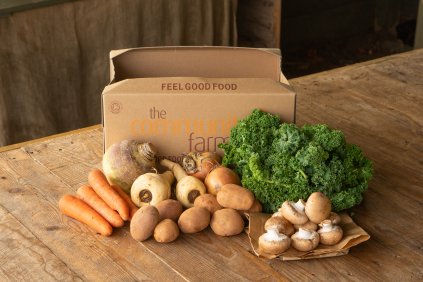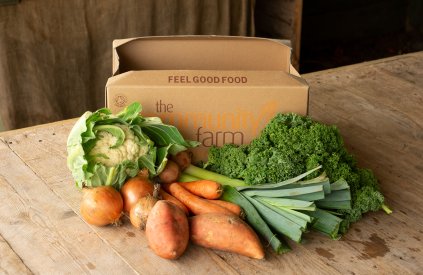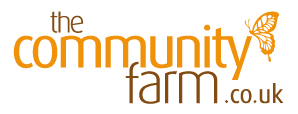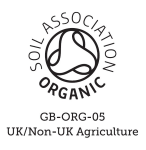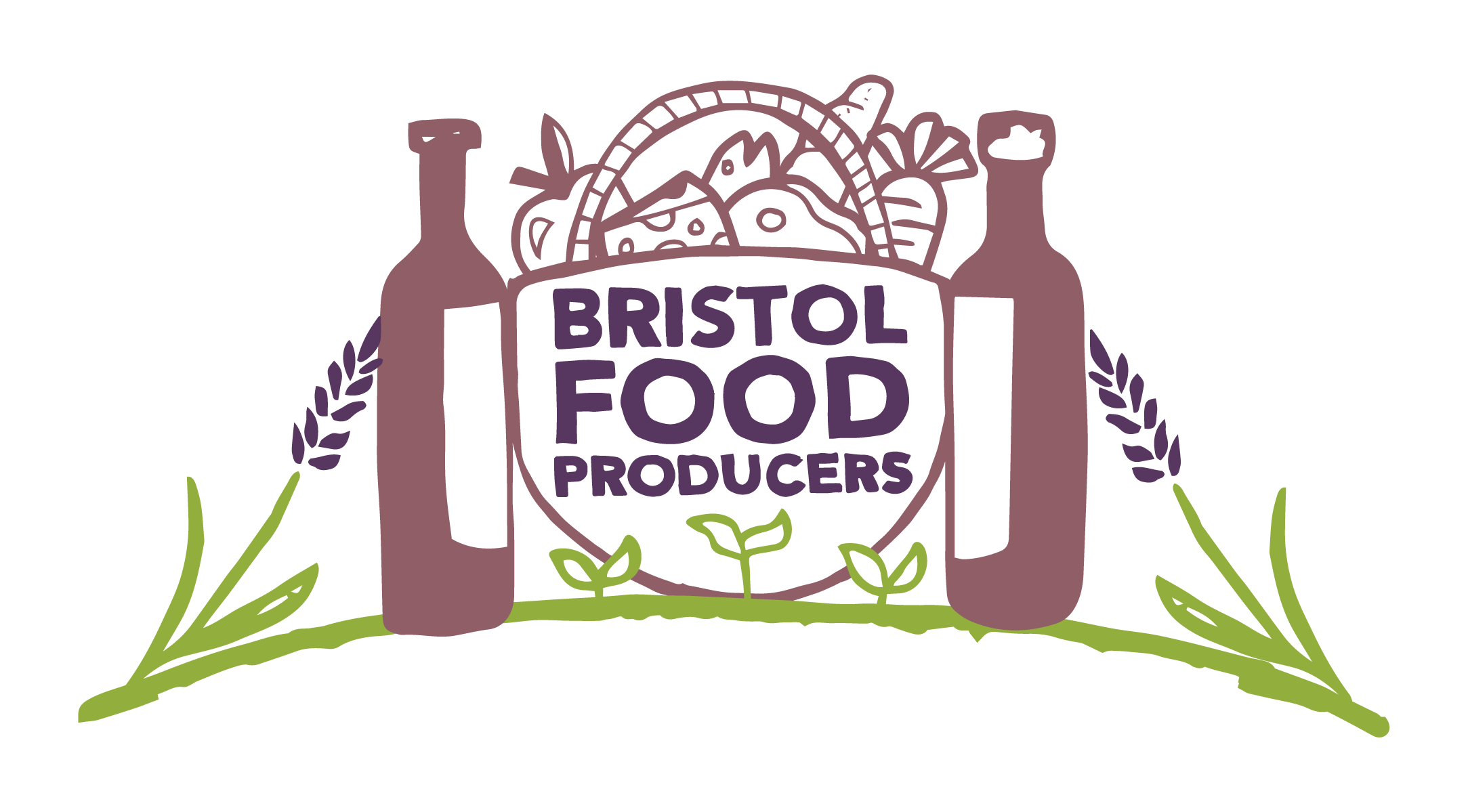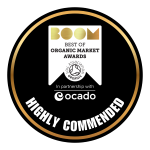Every year the Oxford Real Farming Conference draws together nature-friendly farmers from across the UK. Believe it or not, it’s a hot-ticket. As the conference moved online this year, it went global and opened its doors to hundreds of speakers from all over the world.
As well as the nerdy sessions on farming practices, there were plenty of conversations about our relationship with the land and other life on this planet. One of my highlights was that many indigenous leaders gave their perspective on why and how we have ended up facing the climate and biodiversity crises.
We heard how indigenous populations, despite making up only 5% of the global population, oversee about 80% of the world's biodiversity. And how the Amazon, seen by many in the West as 'wilderness', was actually an expansive network of food forests that had been intensively managed for thousands of years by the local populations. It is only when the Spanish arrived in the 16th century that the vast majority of those communities were wiped out through genocide and disease.
One idea mentioned repeatedly by the indigenous speakers was the importance of language. Language, it was argued, is the scaffolding on which all of our ideas and actions are based and that means that changing our language may help us change our behaviours, too.
In the West, our language often suggests that we are separate from the natural world. We talk about going 'into’ nature, or say we’re surrounded 'by’ nature, as if it's something entirely different from us. When talking about wild species, we use words that suggest they’re getting in our way - they’re often 'pests’, 'weeds’ or 'vermin’. And we use the word 'it’ to describe most living things, as if they were the same as inanimate objects.
Perhaps this partly explains how we’ve ended up in such an exploitative relationship with our planet. These words lead us down a path that ends with a superiority complex, believing that we are above nature. But it’s not a universal problem; there are languages and cultures with a different frame of mind.
At the conference we heard how the Mauri describe rivers and mountains as their ancestors. It may sound silly to our ears, but if you thought of the Avon as your relative, rather than as an anonymous 'it’, would that affect how you think of it? Recently, as a result of Mauri campaigning, the Whanganui river has been made a legal person, based on this very belief. The river now possesses “all the rights, powers, duties, and liabilities” of a person, making it much harder to get away with poisoning the river with pesticides or exploiting its waters by over-fishing.
On the other side of the world, indigenous leader Chris Newman explained that in his language there is no word for 'farm’, that it’s an alien idea that there are some places that nourish you, and some places that do not. That different mindset helped create a totally different approach to food production. The food systems built by indigenous people in the Americas were large-scale managed ecosystems. Rather than domesticating animals and crops, the people focused on expanding habitats for all life. By nourishing the land, they brought all the food they needed, right to them. As activist Lyla June explained, Western food systems are designed to feed humans, whereas indigenous food systems are designed to feed ecosystems.
These ideas show just how powerful our words can be. It may seem like a small step, but as I step into my new role as Communications Manager at The Community Farm, I’m going to start taking a bit more care over the language I use. By being more generous in my choice of words, I hope my thoughts and imagination will become a bit more generous too.
ORFC have uploaded all of the talks from this year’s conference to their Youtube channel. For a far more eloquent and informed perspective on the ideas raised in this article, I’d recommend listening to Rebecca Hosking’s talk: Sharing Life With All Land. And for those with an even bigger appetite, I can highly recommend this fantastic book: Braiding Sweetgrass: Indigenous Wisdom, Scientific Knowledge and the Teachings of Plants
Tom Richardson, Communications Manager
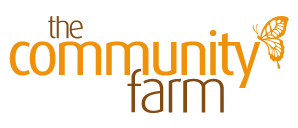

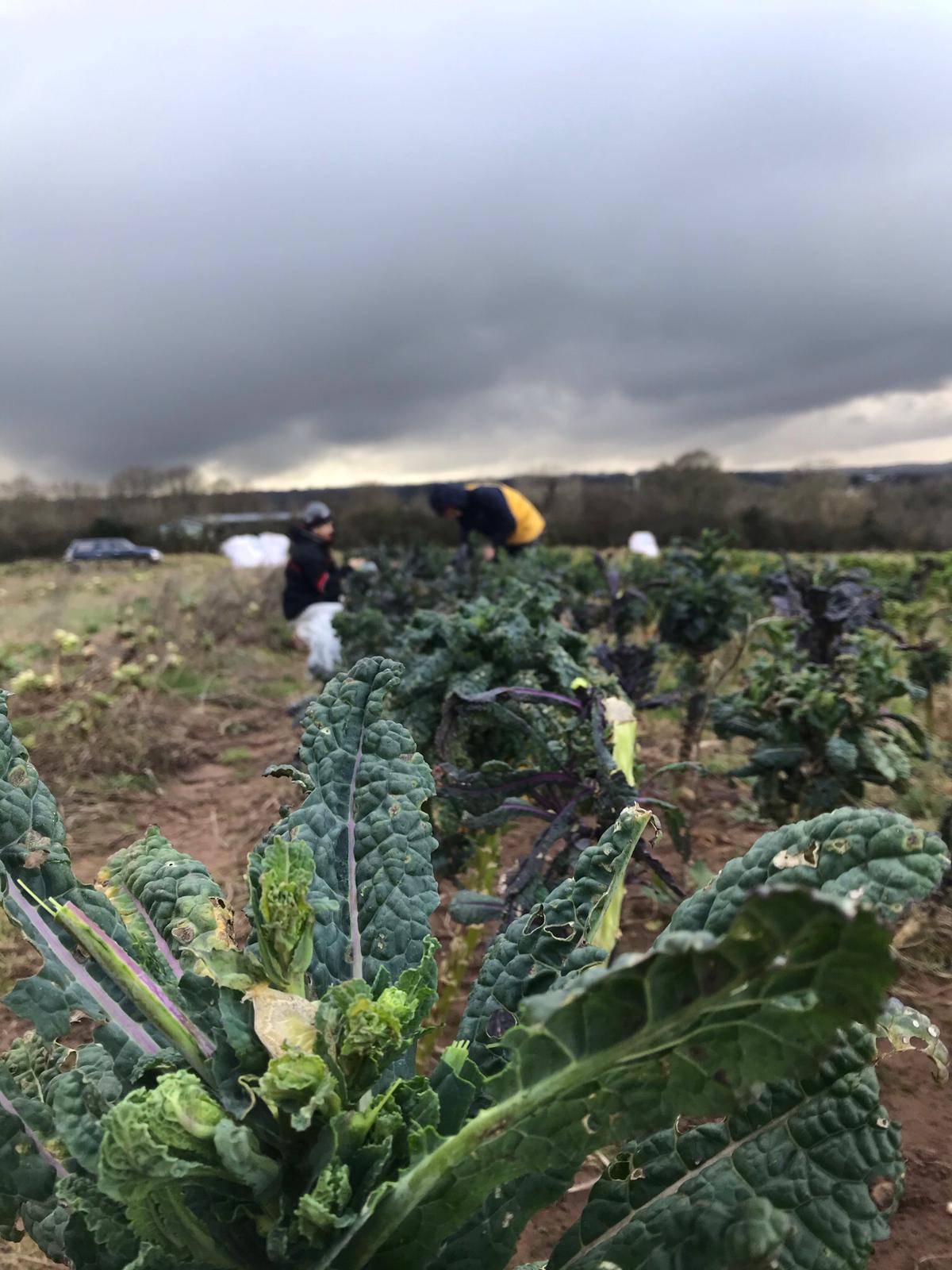
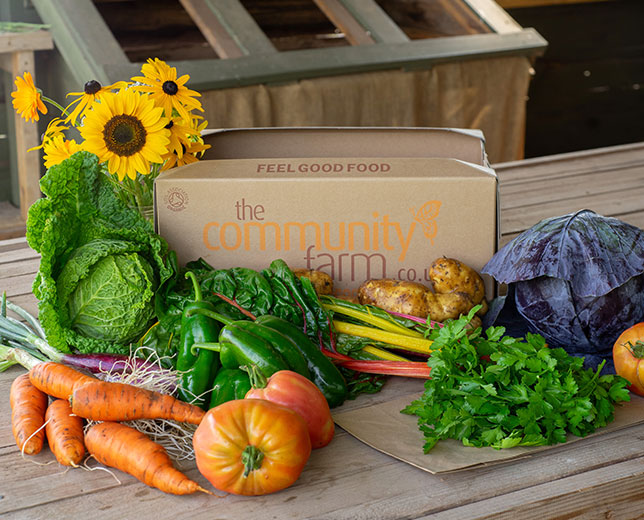
.jpg)
